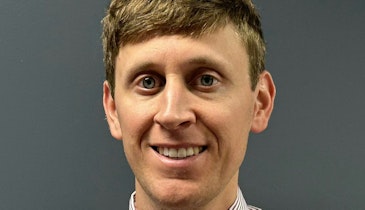In favor of the change
This is my first ever letter to the editor, but I thought with such a big change, you might be looking for input. First off, your magazine is excellent. I appreciate the quality of contributors you expose us to.
As far as combining the two disciplines...





